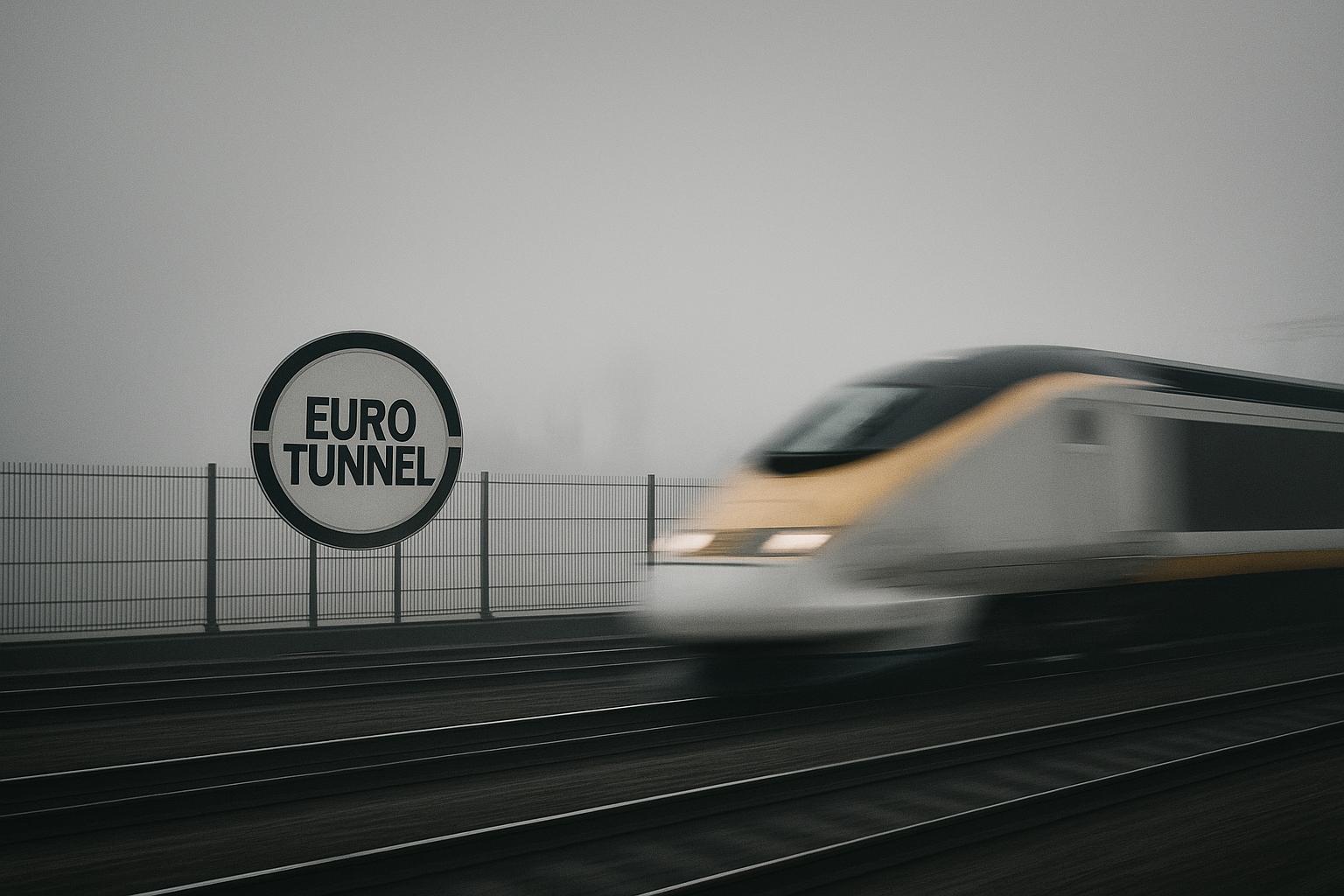Virgin Trains is poised to disrupt the long-standing dominance of Eurostar on cross-Channel rail travel with a bold new high-speed service connecting the UK directly to several key European cities. The company plans to launch routes from London to Paris, Brussels, and Amsterdam, with ambitions to extend to more French cities and eventually German and Swiss destinations. This initiative, projected for launch around 2029 to 2030, is part of a broader move to increase competition, reduce fares, and enhance travel options for passengers between the UK and Europe.
Virgin Trains’ significant step forward includes securing approval from the UK's Office of Rail and Road to operate through the Channel Tunnel, enabling them to establish services from London St Pancras International to the major hubs of Paris Gare du Nord, Brussels-Midi, and Amsterdam Centraal. This approval represents a critical regulatory milestone as Virgin seeks to dismantle Eurostar’s 30-year monopoly. The company is advancing with plans to utilise the Temple Mills depot in East London, a facility that is essential for maintaining and operating the high-speed train fleet necessary for these cross-Channel services.
Financially, Virgin Group aims to raise approximately £700 million to fund this endeavour, combining £300 million in equity and £400 million in debt. This investment signals Virgin's considerable commitment to re-entering the rail industry with a competitive offering. Officials project the new rail service could generate around £700 million in economic investment and create roughly 400 new jobs, underscoring its potential positive impact on both transport and employment sectors. Rail Minister Lord Hendy has emphasised the project’s importance for fostering customer choice, driving innovation, and promoting environmentally sustainable connectivity.
For passengers, this competition promises tangible benefits: expanded route options, potentially lower ticket prices, and generally improved service quality. Virgin intends to provide up to 13 daily services between London and Paris, along with multiple daily trains to Brussels and Amsterdam, thereby significantly increasing frequency and flexibility. This enhancement offers a convenient alternative to air travel and long-distance trains already operating within Europe. Of particular note is Virgin’s discussion around introducing routes to Charles de Gaulle Airport, which Eurostar currently does not serve, and the possibility of reviving direct services to Disneyland Paris, catering to family travellers and filling a gap left by Eurostar’s discontinuation of such routes in 2023.
This push to expand cross-Channel rail services comes amid a broader wave of railway liberalisation across Europe. For example, Italy's state railway company Ferrovie dello Stato announced plans earlier in 2025 to enter the market with its own London-Paris route, reinforcing the trend toward breaking up long-standing monopolies to boost competition. Similarly, in October 2025, French national operator SNCF Voyageurs authorised a €1.4 billion order for 30 new very high-speed double-decker trains from Alstom to expand Eurostar’s international services, signalling continued investment and innovation from Eurostar’s side as it prepares to face increased competition.
Alstom, the train manufacturer, also confirmed ongoing discussions about supplying these advanced trains designed to operate through the Channel Tunnel and serve routes connecting London with major European cities. However, no definitive contracts have yet been signed, indicating that the rail landscape in Europe remains in a state of active negotiation and development.
For travellers, the emergence of Virgin's new service signals a transformative era of broader choice and improved connectivity on the continent. It is advisable for potential passengers to book travel early, take advantage of any introductory offers, and stay alert for new route announcements, particularly those aimed at family leisure destinations like Disneyland Paris. Additionally, Virgin’s services may become part of wider European rail pass schemes, facilitating easier, more cost-effective travel across multiple countries.
Ultimately, Virgin Trains’ strategic entry into the international rail market threatens to reshape travel between the UK and Europe by fostering competition that drives innovation, affordability, and consumer choice. With operations expected to begin by 2030, the industry, travellers, and policymakers alike will be watching closely as Virgin challenges the status quo and broadens cross-border rail connectivity.
📌 Reference Map:
- [1] (Travel and Tour World) - Paragraphs 1, 2, 3, 4, 5, 6, 7, 8
- [2] (Reuters) - Paragraphs 2, 3
- [3] (Virgin.com) - Paragraphs 2, 3
- [4] (Office of Rail and Road) - Paragraph 5
- [5] (Reuters) - Paragraph 7
- [6] (Reuters) - Paragraph 7
- [7] (Reuters) - Paragraph 7
Source: Noah Wire Services
